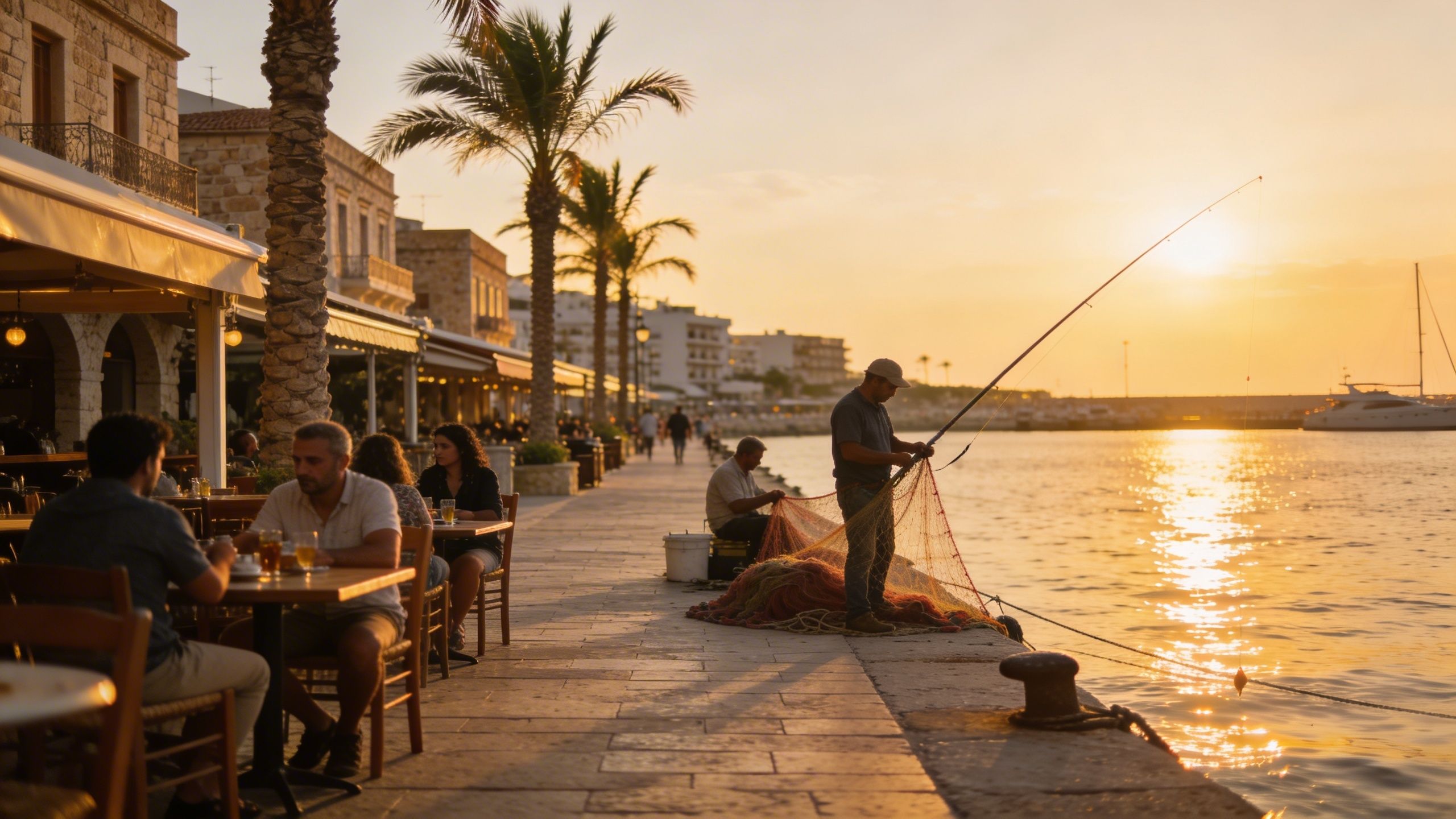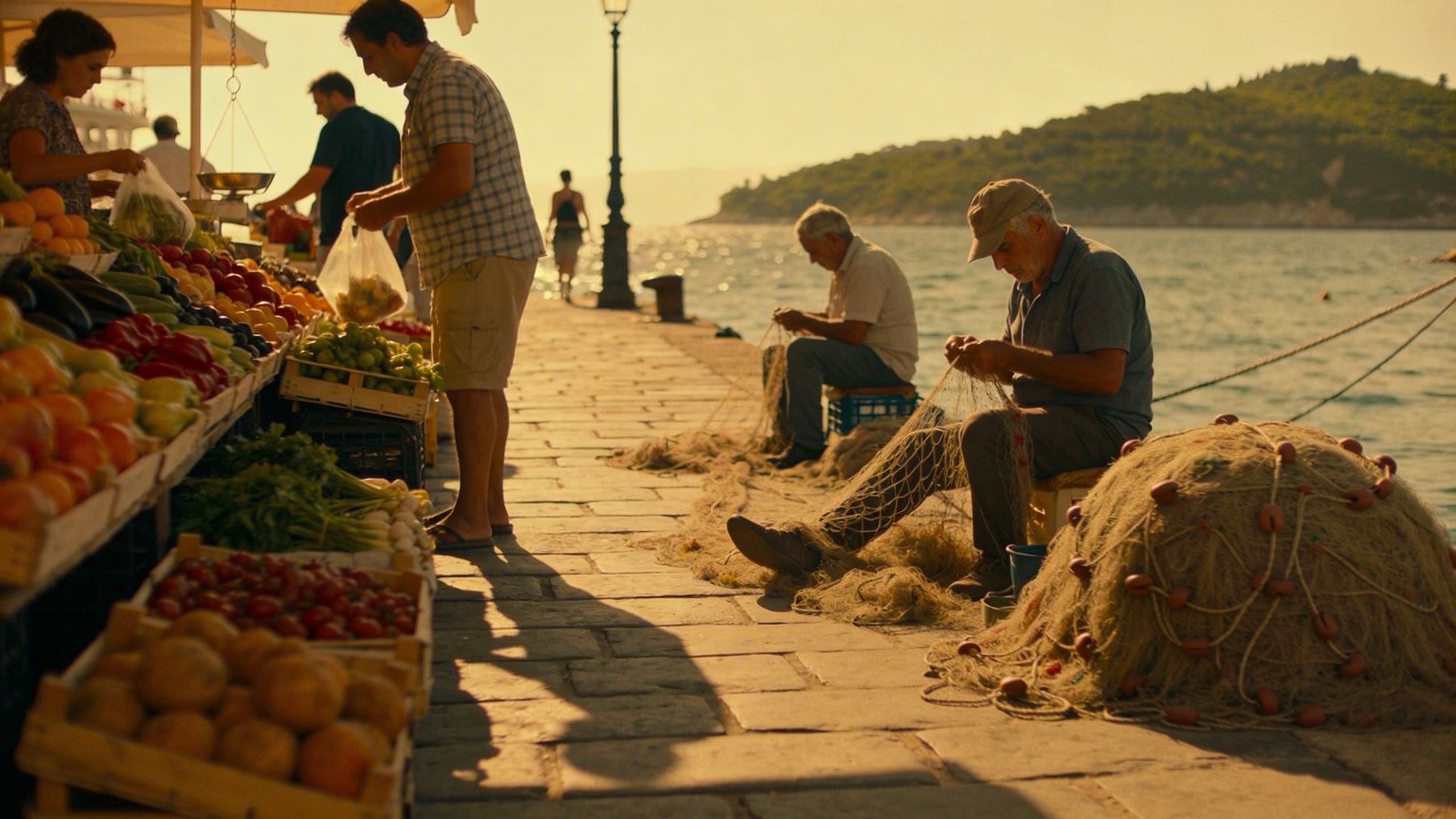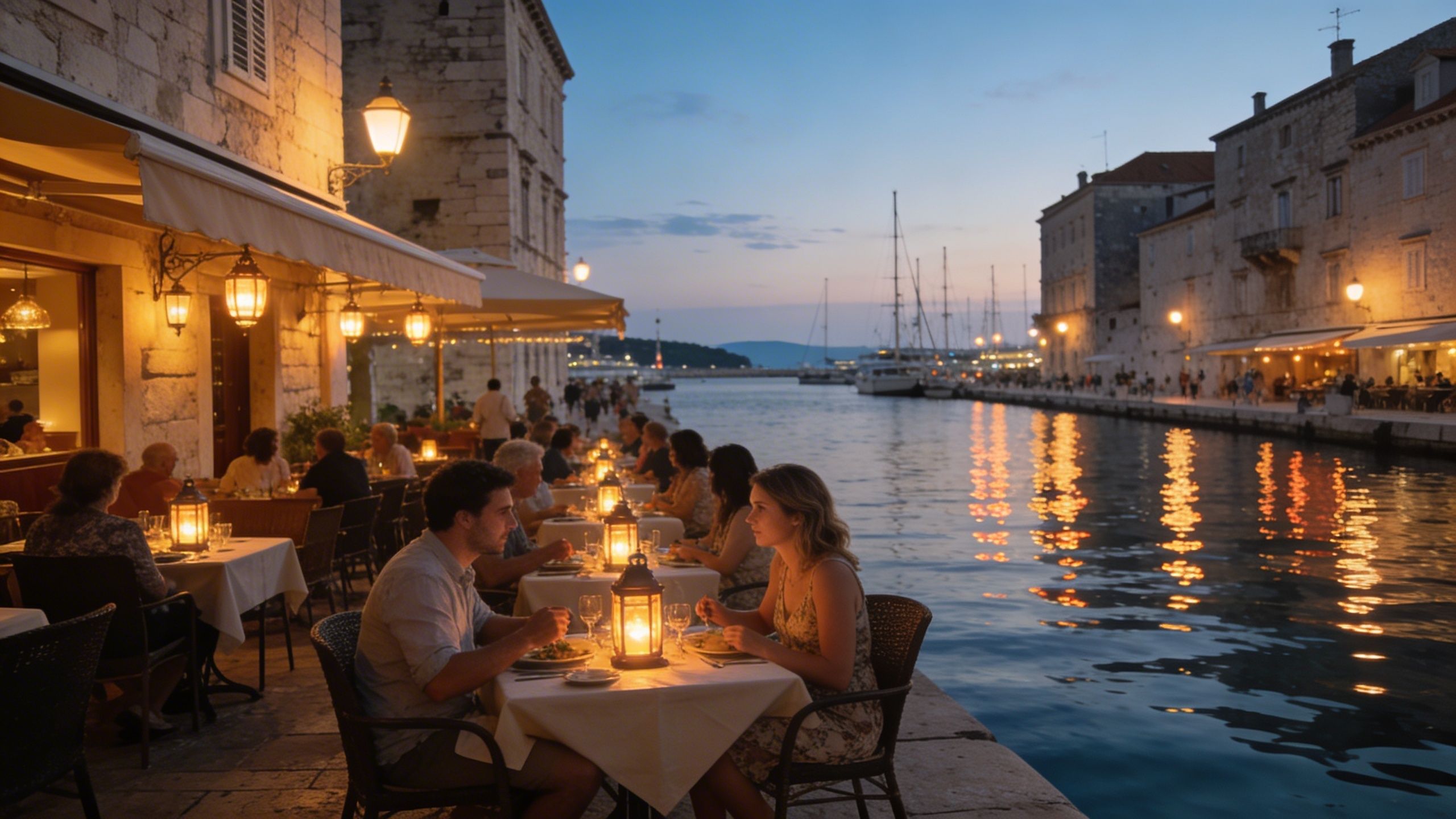Insurance, Taxes and Protections when Buying in Croatia
How to protect a Croatian property purchase: tax realities, insurance priorities, and local practices that preserve lifestyle and capital.
Imagine an early morning in Dubrovnik: a low sun gilds limestone facades, a café on Stradun fills with the scent of warm bread and strong espresso, and fishermen mend nets by the quay. That quiet choreography—heritage masonry, coastal light, and an unhurried pace—explains why so many international buyers are drawn to Croatia's coastline and historic towns. Yet the romance of place must be matched with careful protection: Croatian tax reforms and evolving property rules mean that insurance and contractual safeguards are central to a prudent purchase. This guide blends the atmosphere of life here with the concrete steps and protections an international buyer needs to proceed with confidence.
Living the Croatian Life
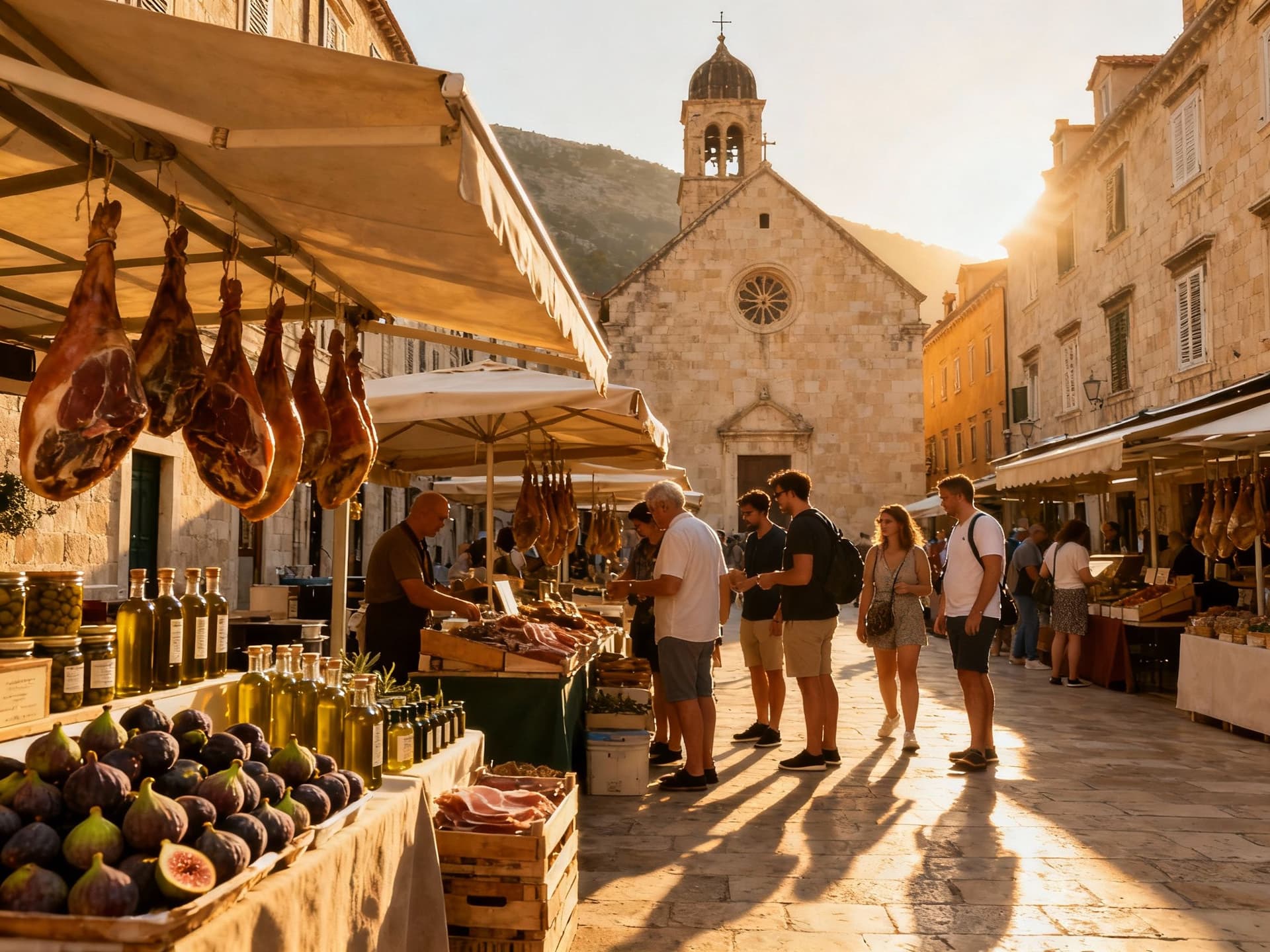
Life in Croatia balances Mediterranean ease with a careful respect for provenance: stone-built coastal villages, Venetian-influenced townhouses, and austere inland farmhouses each offer distinct rhythms. Mornings are for markets—Split’s Pazar or Zagreb’s Dolac—where you can buy figs, fresh cheese and olive oil; afternoons unfold on terraced promenades or in olive groves. For buyers, this tapestry translates into specific property types and protections: historic seafront homes often require heritage-aware restoration and tailored insurance, and inland properties demand different cover for agricultural exposures. Recent policy changes to property taxation and administration have practical consequences for ownership costs and liability; buyers should familiarise themselves with official guidance early in the process.
Neighborhood Spotlights: Dalmatian Coast to Istria
Dalmatia offers tactile coastal living: stone villas with loggias, narrow alleys opening onto harbours, and small marinas where life is framed by the sea. Istria provides a gentler cadence—olive-strewn hills, Romanesque churches and hilltop towns such as Motovun—attracting buyers seeking both agricultural pursuits and refined country life. In both regions, seasonal tourism affects insurance, maintenance and rental regimes; coastal municipalities have adopted measures to manage short-term letting and property taxation, and understanding local rules is essential for risk assessment and long-term stewardship.
Food, Markets and Everyday Rituals
Picture buying morning fish from a pier in Rovinj, carrying figs from a market stall in Split, or sharing a late evening prosciutto plate in a Konavle tavern; these rituals shape the choice of home more than any single amenity. For many international buyers the appeal is the ability to steward a property that supports these routines—lofted kitchens for shared meals, terraces for afternoon shade, cellars for olive oil and wine. That livability should inform insurance cover (contents, accidental damage, seasonal unoccupancy) and local management arrangements so the house remains cared-for when you are away for months at a time.
Making the Move: Practical Considerations
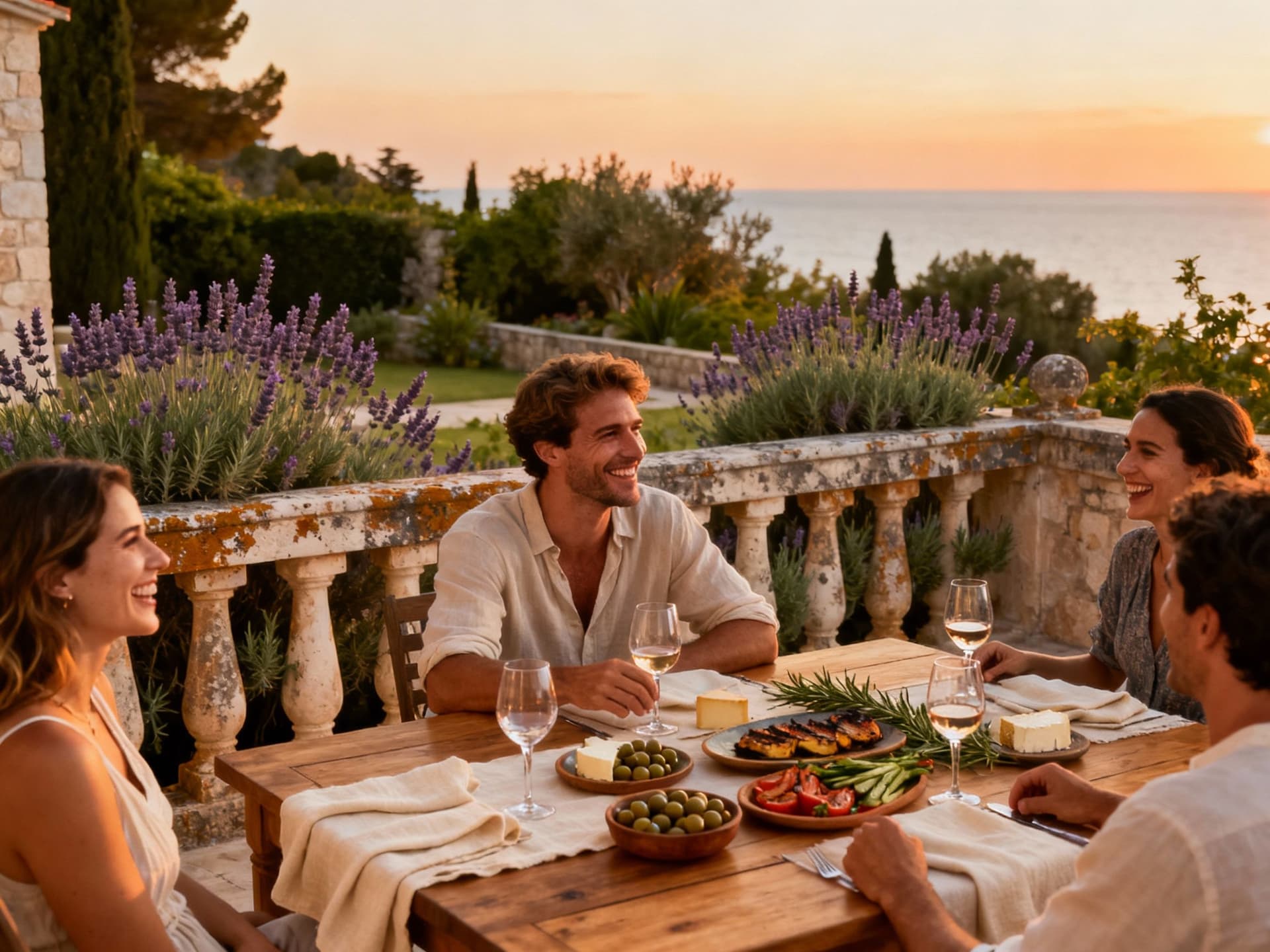
Translating the dream into deeds calls for an orderly approach: understand the purchase pathway, model ongoing costs, and secure tailored insurance from day one. Croatia levies a 3% real estate transfer tax on most second-hand purchases, while new-builds may attract VAT; these fiscal factors affect both up-front budgeting and mortgage structuring. Insurance needs change over time—construction-era risks, coastal salt corrosion, and seasonal rental use all require different policy components—so begin with a comprehensive survey and a broker who understands local underwriters.
Property types and the protection they need
A Dalmatian stone villa presents different exposures than a modern apartment in Zagreb. Villas often need wider structural cover—roof, masonry, and salt-driven deterioration—plus robust contents and liability policies for guests and tenants. Urban apartments require building-wide policies (often arranged by the condominium) and complementary owner contents and legal protection insurance for disputes over common charges or renovations. For period properties, insist on a detailed condition report and an insurer willing to underwrite heritage restoration costs should those be necessary.
How local experts protect the lifestyle you buy
Agencies, lawyers and insurance brokers co-ordinate to ensure that the property you acquire can be lived in, rented securely, and handed on. A local lawyer confirms title and any servitudes; a reputable agency introduces vetted management firms; an insurance broker aligns policies with tax status and intended use (primary home, seasonal let, or long-term rental). They also advise on registration, municipal obligations and new property taxes that may apply to tourist areas, ensuring there are no costly surprises after completion.
Insider Knowledge: What Expats Wish They'd Known
Seasonal rhythms, municipal rules and local customs shape daily life more than national headlines. Expats often tell us they underestimated the cost and complexity of maintaining an unoccupied coastal home during the storm-prone months, or the administrative lead time for permits when planning modest restorations. Familiarity with local contractors, a standing property manager, and an insurer experienced with coastal risk reduces both stress and expense; these are the practical arrangements that protect the lifestyle you move for.
Cultural integration and community
Croatians value discretion, punctuality and reciprocal neighbourhood ties; invitations to a konoba or a home visit are meaningful ways to belong. Learning key phrases and participating in local market life—buying produce, attending summer festivals, or joining a sailing club—accelerates acceptance and provides practical knowledge about local services and tradespeople. That local network will prove invaluable when you need recommendations for trustworthy builders, insurers, or property managers who speak both the language of craft and the language of law.
Long-term protections and checklist
A concise checklist will help convert enthusiasm into secure ownership. Confirm title and encumbrances with a notary; obtain a structural and pest survey; secure a contents and buildings policy that covers seasonal unoccupancy and salt corrosion; set up a local management arrangement; account for transfer tax and possible VAT; and model ongoing annual property taxes and rental tax liabilities. These steps reduce risk and protect both lifestyle enjoyment and capital value over time.
- Key practical tips
- Choose an insurer with demonstrated experience in Croatia and ask for references from local estate managers.
- Insist that policies explicitly cover salt corrosion, roof collapse during heavy storms, and third-party liability for tenants or guests.
- Arrange agreed-value cover for restored or listed features so bespoke craftsmanship can be repaired to original standards.
- Budget for municipal property taxes and potential new levies in tourist municipalities; use official tax guides to model recurring costs.
- Step-by-step purchase protections
1) Commission a local notary and lawyer to confirm title and any special servitudes or restitution claims. 2) Obtain a detailed condition survey that insurers will accept when underwriting. 3) Secure an interim insurance policy from exchange to completion to avoid gaps. 4) Register the property, pay transfer tax or VAT as required and retain evidence for future taxation and resale. 5) Set up an ongoing maintenance and management contract that includes emergency response and periodic checks during absence.
Croatia's recent policy adjustments—aimed at rebalancing tourist letting and local housing—underscore the need for up-to-date counsel and flexible planning. Whether you are purchasing a restored stone house in Hvar or a contemporary apartment in Zagreb, build protections into the transaction: adequate and specialist insurance, robust legal checks, and a local team that treats the property as an heirloom rather than an asset alone. Those arrangements preserve both the quiet pleasures of daily life here and the generational value of the property.
Conclusion — next steps
If Croatia’s light and craft have convinced you, begin with three parallel actions: engage a local lawyer and notary, commission a survey that insurers accept, and consult a broker experienced in Croatian coastal and inland exposures. Villa Curated can introduce discreet local partners who match architectural sensitivity with legal rigour; the result is a house that can be lived in exquisitely and protected wisely. A considered purchase secures not just a home but a responsibility to place — and the quiet rewards that follow.
Former Copenhagen architect who relocated to Provence, offering relocation services, market analysis, and a curator’s eye for authentic regional design.
